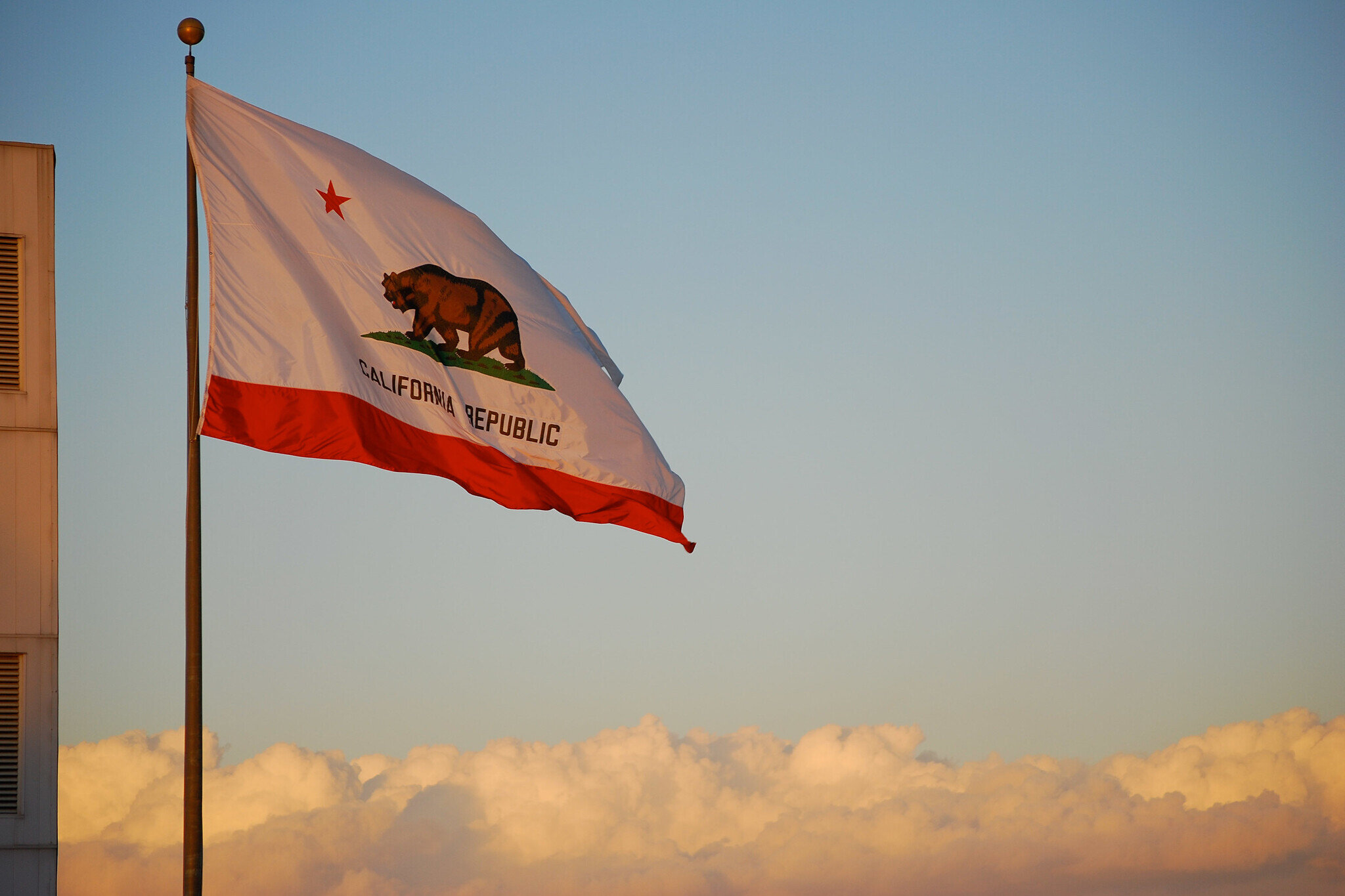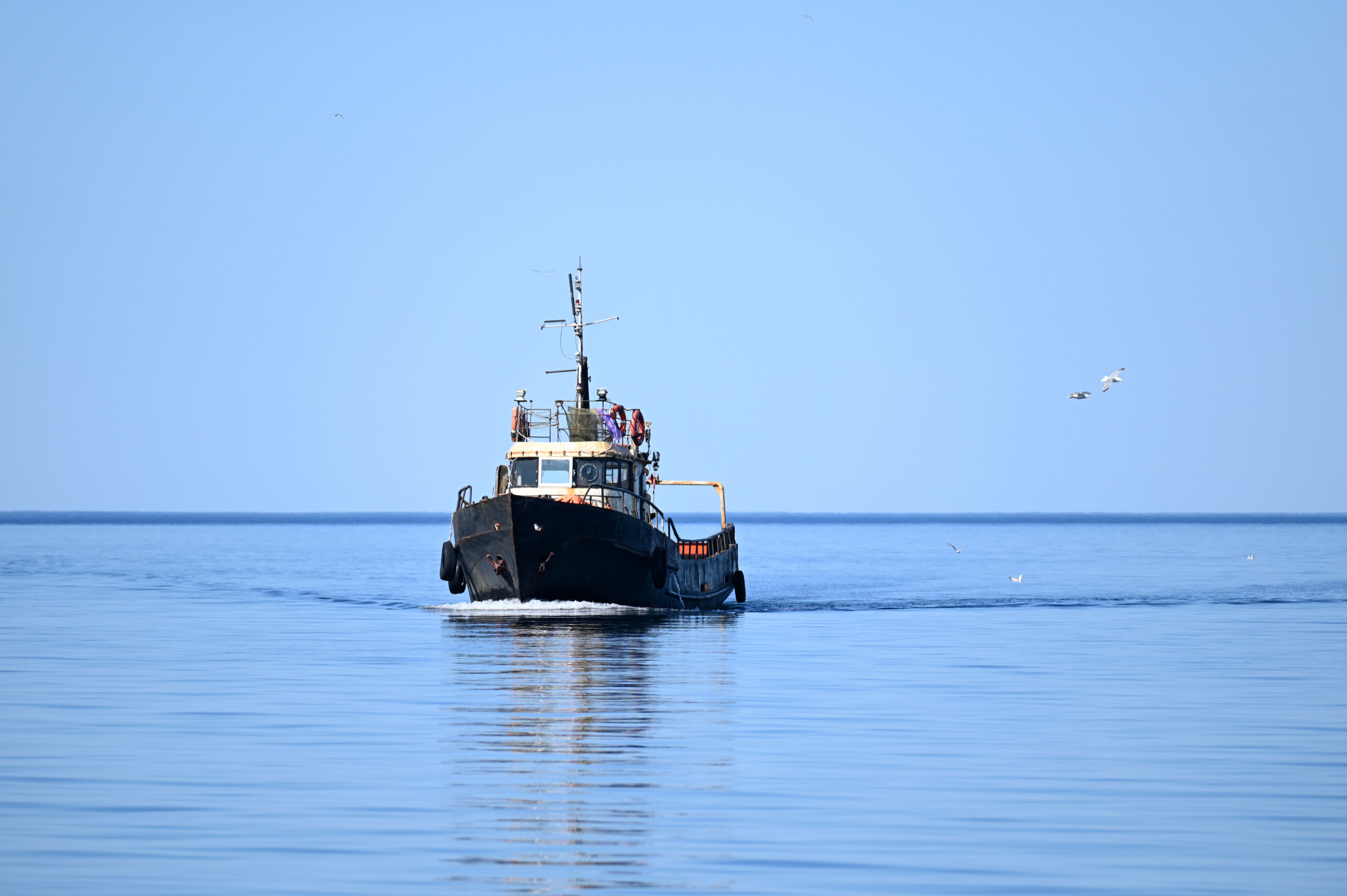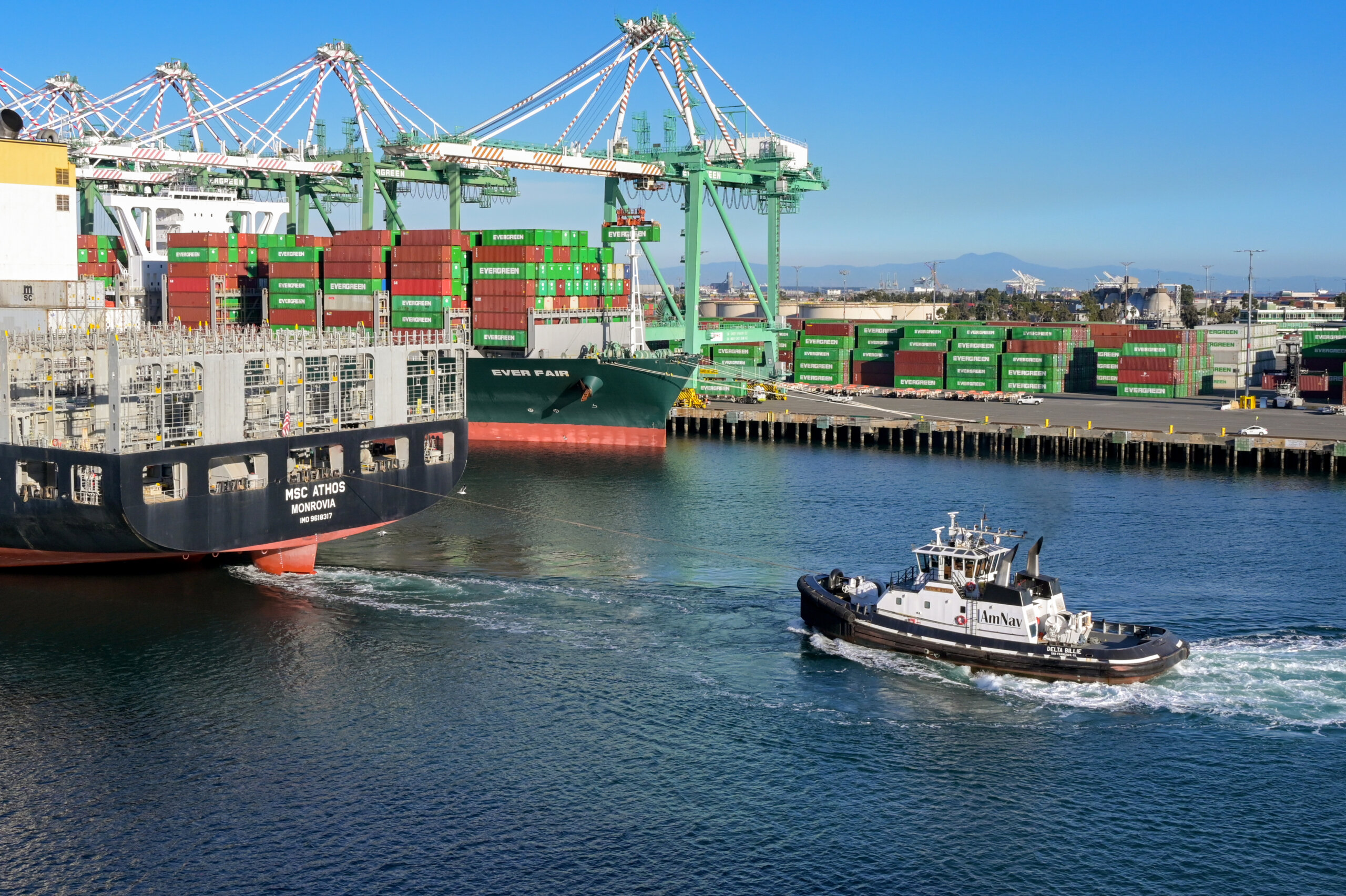Pushing California to Clean Up Ports
Environmental justice and NGO alliance urges California for zero-emission harbor craft regulation
The California Air Resources Board (CARB) is updating its commercial harbor craft (small ship) regulation to address freight industry pollution. These vessels are among the top contributors to cancer risks from diesel particulate matter, particularly in port communities such as those around the San Pedro Bay Ports.
However, the proposed rule falls short, requiring only 10-14% of California’s commercial harbor craft to transition to 100% zero-emission technology. The remaining 86-90% would merely upgrade to more efficient — but still diesel-powered — engines.
By adopting a stronger zero-emission harbor craft rule, California has an opportunity to lead the way for other states, creating a ripple effect of cleaner air and healthier communities nationwide. Pacific Environment is advocating for a bolder approach: transitioning all harbor craft to zero-emission technology by 2030, safeguarding public health and driving critical climate progress.
A step forward, but more action needed



In 2022, CARB made history by amending the Commercial Harbor Craft Rule, setting the first zero-emissions mandate for ferries in the U.S. and requiring cleaner engine upgrades for tugboats and other vessels. However, the U.S. Environmental Protection Agency (EPA) has yet to approve these amendments, delaying critical enforcement.
Why it matters
The freight and shipping industries are significant drivers of climate change and health risks, with serious consequences for communities and the planet. California’s leadership in adopting zero-emission standards could catalyze broader change, addressing these alarming trends:
- Global shipping emissions increased by 10% from 2012 to 2018, with sharp rises in short-term climate super pollutants like black carbon (+12%) and methane (+150%).
- The shipping industry must achieve near-total decarbonization by 2035 to meet the Paris Agreement’s 1.5°C target.
California has a chance to pave the way for a cleaner, healthier future while setting a global example for reducing freight emissions.
Pacific Environment is part of an alliance that is pushing for a quick transition to clean energy.
